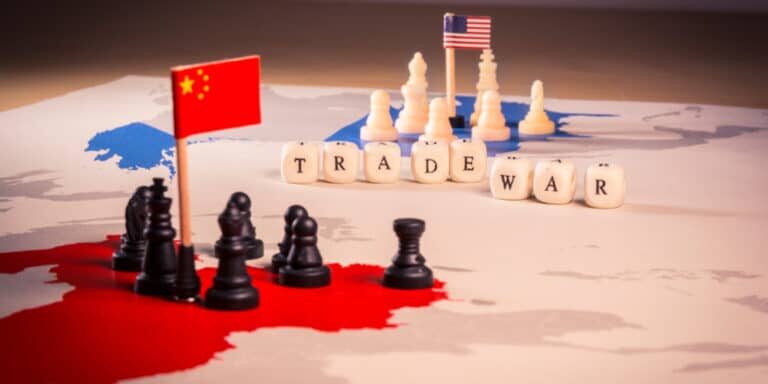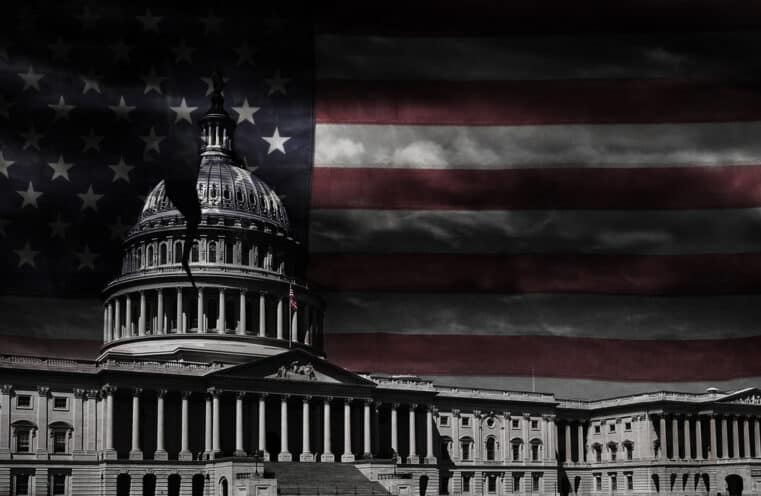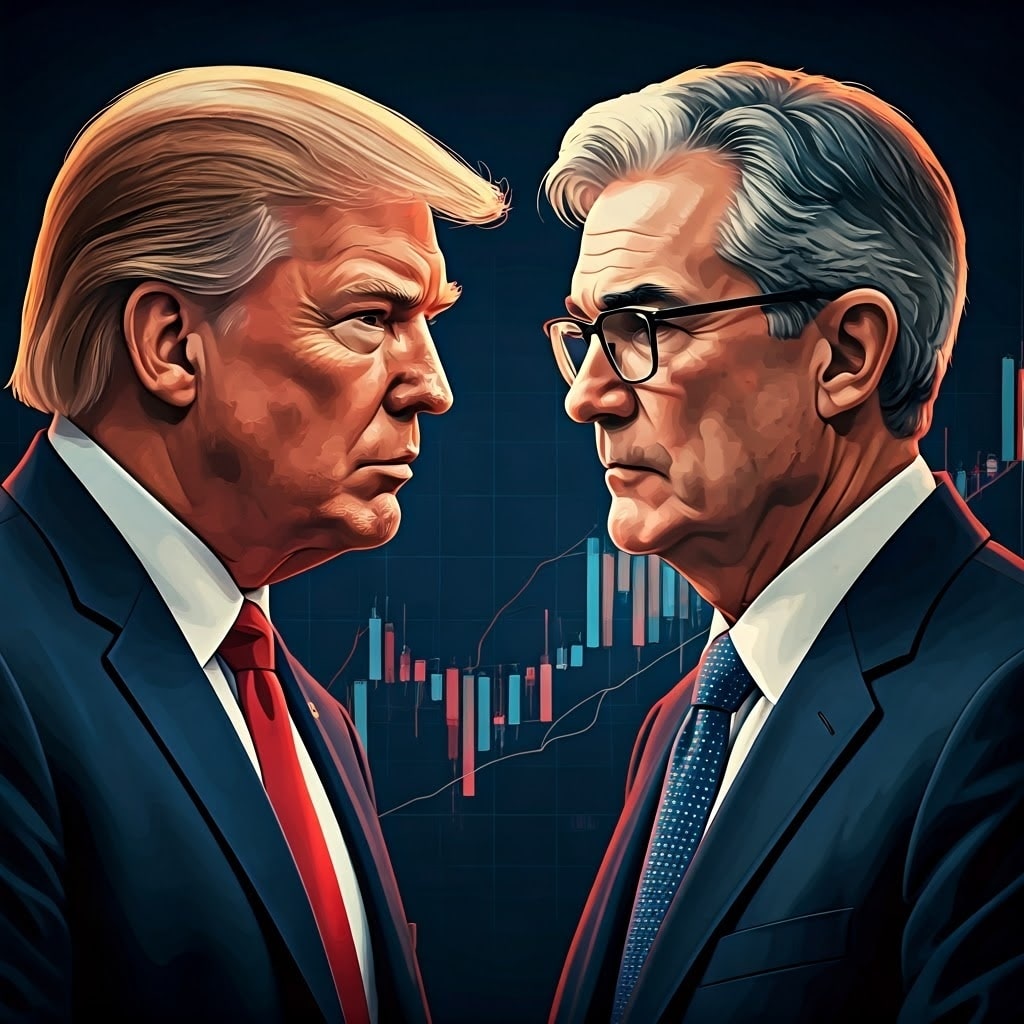
White House Drops 104% Tariff Hammer on China as Global Markets Tremble
A Sharp Turn in U.S.–China Trade Strategy
At noon on Tuesday, the White House enacted a new 104% tariff on Chinese imports, escalating an already volatile trade standoff between the world’s two largest economies. The move comes after China failed to roll back its own retaliatory tariffs, including a 34% hike on U.S. goods imposed last week.
President Trump had previously warned that additional tariffs were on the table if Beijing didn’t reverse its countermeasures. With no such action from China, the administration moved forward with one of the largest import penalties in modern U.S. trade history. Tariff collections will begin April 9.
Markets Jittery Amid Escalation
Following the announcement, financial markets responded with a brief recovery early Tuesday—only to fall again once the tariffs officially took effect. Apple (AAPL), which relies heavily on Chinese manufacturing, dropped from $185 to $177 in a matter of hours. Nvidia (NVDA), another major player with exposure to China, saw continued volatility.
While some investors hoped the back-and-forth might resolve quickly, the sharp tariff increase indicates the opposite. Market analysts are now warning that this could be the beginning of a prolonged trade war with widespread implications for global commerce.
Crypto and Commodities Not Immune
The global cryptocurrency market also felt the weight of uncertainty. The overall crypto market cap declined to $2.46 trillion, with trading volume falling more than 53% in 24 hours. Bitcoin (BTC) is down over 7% in the past week, contradicting its reputation as a safe haven during geopolitical instability.
Though some analysts speculate that Bitcoin could rally if traditional markets falter further, that momentum has yet to appear. For now, digital assets seem to be tracking broader economic anxiety, rather than countering it.
Warnings From Economists and Global Fallout
While the White House brushed off reports of a possible 90-day pause in new tariffs, prominent economists and business leaders are raising alarms. Some warn that prolonged tariff increases of this scale could trigger a multi-year recession, especially if more trading partners join China in retaliatory action.
China, for its part, has vowed to respond with further measures, stating it will “fight to the end.” Potential counteractions include restrictions on U.S. goods, rare earth mineral exports, and additional penalties on American tech and agriculture.
What Comes Next—and Why It Matters to You
What we’re witnessing is more than a headline-driven market hiccup. These are structural moves with long-term consequences. Tariffs of this magnitude don’t just impact Wall Street—they affect supply chains, consumer prices, small businesses, and anyone with retirement savings or a brokerage account.
Even if you're not directly invested in international stocks, these policies ripple into bank stability, purchasing power, and inflationary pressure. As Bill Brocius has long warned, the next financial crisis will not announce itself with a crash—it will unfold in a series of decisions like this one: cumulative, consequential, and largely out of your control—unless you’re prepared.
Take Action Before the Next Shock Hits:
✔ Download Bill Brocius’ free guide, 7 Steps to Protect Your Account from Bank Failure, right now: https://offers.dedollarizenews.com?utm_source=7steps_ebook&utm_medium=website&utm_campaign=Good_Solid_Info&utm_term=static&utm_content=Eric_Blair
📘 Read Bill’s full strategy in his book, End of Banking As You Know It. It’s more relevant now than ever.
📬 Subscribe to Bill’s Inner Circle newsletter for $19.95/month and get direct analysis from one of the most trusted names in financial independence. Don’t wait for permission—prepare while you still can.











